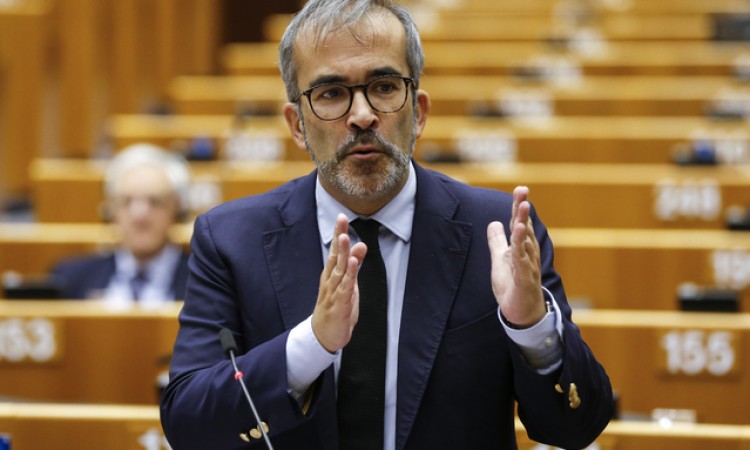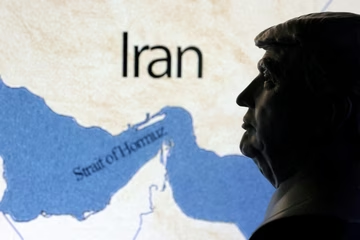EPP: Territorial integrity of BiH must not be put into question

The European People's Party (EPP) called for using “all available instruments” in order to preserve the Dayton Peace Agreement in Bosnia ahead of the European Parliament session where the “escalation of tensions in the country caused by the secessionist acts of the Bosnian Serb leader Milorad Dodik” will be discussed.
Oglas
"Tensions are running high and we must not allow further escalation. This threat is on the EU’s doorstep. Why is no-one taking concrete strong steps against these nationalist acts of Milorad Dodik?”, asked Foreign Affairs Spokesman of the EPP Group, Michael Gahler.
Gahler was referring to the recent actions of Dodik, one of the members of the tripartite BiH Presidency and the leader of the ruling party in Bosnia’s Republika Srpska (RS) entity.
Dodik has announced that the semi-autonomous RS entity will withdraw from state institutions and form its own, separate ones - including the army.
“We must use all available instruments in order that the Dayton Peace Agreement is preserved. A secession of the Republika Srpska would immediately be recognised by Russia”, said Gahler.
EP’s Standing Rapporteur for Bosnia and Herzegovina, MEP Paulo Rangel, said that “the Dayton Agreement and its peace legacy must be respected.”
He noted that the EP reiterated its “unwavering support for Bosnia and Herzegovina's independence, sovereignty and territorial integrity” in June and that BiH's institutions and leaders “should focus on bringing the country closer to the EU through moving forward the necessary reforms.”
The secessionist moves and the blockade of the state institutions jeopardises the stability, recovery and prosperity of the whole region, Rangel said.
“The EU and the international community must be ready to use all available tools to ensure no further destabilising actions are taken, in order to preserve the stability of the country and all the region,” he said.
Vice-Chair of the Parliamentary Delegation for relations with Bosnia and Herzegovina and Kosovo, Zeljana Zovko, pointed out the need for a reform of the electoral law.
“The growing friction between the three communities in Bosnia and Herzegovina unfortunately distracts attention from the urgent task that awaits actions from the politicians, namely the agreement on the reform of the electoral law to provide inclusive elections for all constituent peoples and all citizens,” she said.
“As we have stated in our parliamentary Resolutions, for credible elections, the electoral law must comply with the state court and international court decisions. A final solution cannot be imposed and must be home-grown”, Zovko concluded.
Kakvo je tvoje mišljenje o ovome?
Učestvuj u diskusiji ili pročitaj komentare
Oglas
Kakvo je tvoje mišljenje o ovome?
Učestvuj u diskusiji ili pročitaj komentare
Oglas
NAJČITANIJE
Oglas
Oglas
Najnovije
Oglas
Oglas





 Srbija
Srbija
 Hrvatska
Hrvatska
 Slovenija
Slovenija



























































